Those who love Ho Xuan Huong will certainly have certain images of the countryside that are always present in her poems. However, the first time I visited the birthplace of the female poet honored by UNESCO, I was extremely surprised by the tradition and cultural depth of the village "a land of talented people" with a history of more than 600 years.
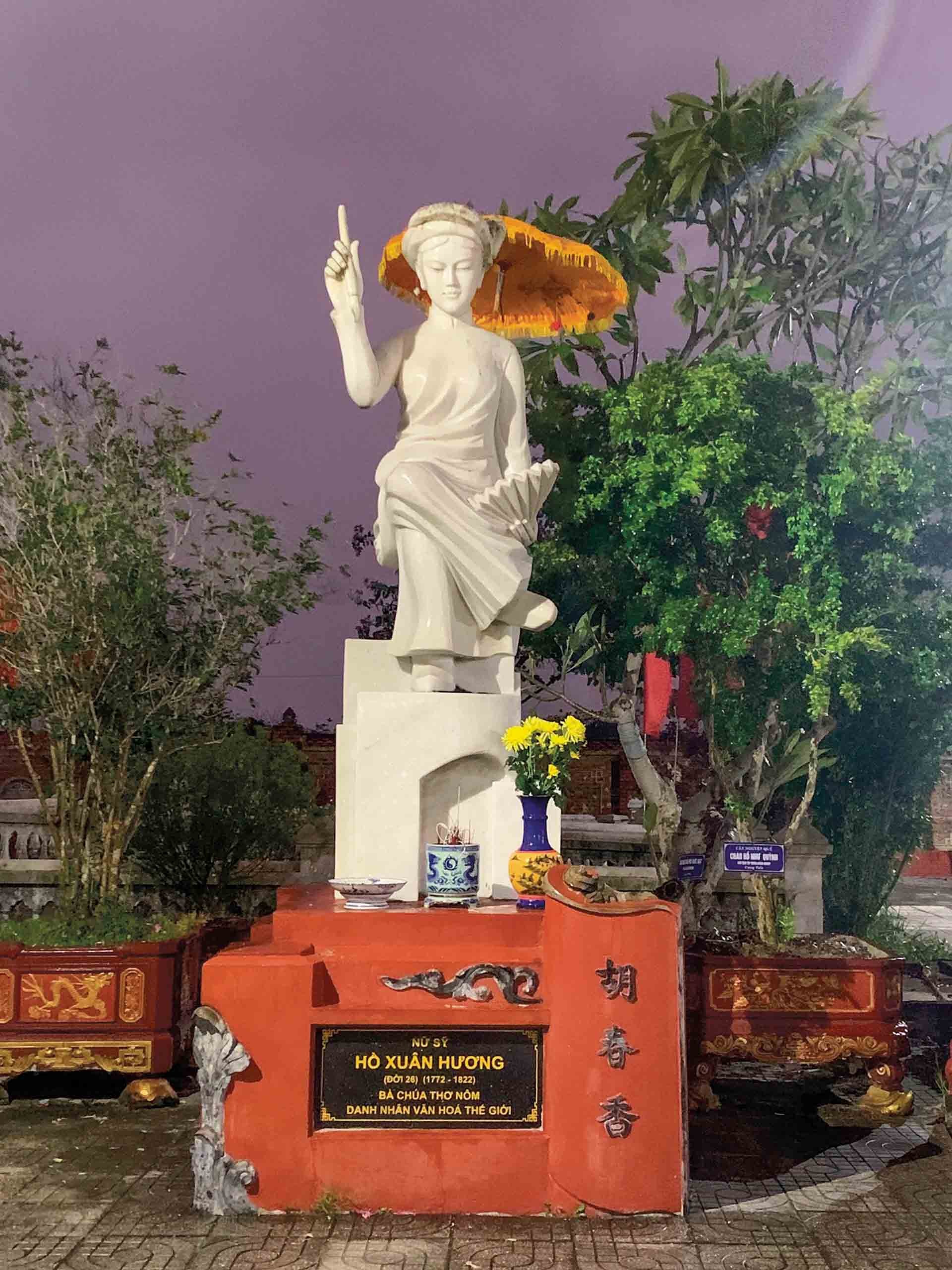 |
| Statue of poetess Ho Xuan Huong in Quynh Doi. (Photo: Ha Anh) |
Quynh Doi (in Quynh Luu district, Nghe An province) used to be a land of wild trees and wild grasses bordering the Mo River.
According to the village history recorded in 1378, Mr. Ho Kha assigned his eldest son Ho Hong, along with Mr. Nguyen Thac and Mr. Hoang Khanh to come here to open up the land, establish a hamlet named "Tho Doi Trang", and in 1528 changed the name to Quynh Doi village.
Rare village
Talking about the studiousness of this village, since ancient times, people have passed down the names Bac Ha: Hanh Thien, Hoan Dien: Quynh Doi to compare with Hanh Thien village in Nam Dinh.
It is estimated that from 1444 to 1918, when the Chinese examination system was abolished, Quynh village had 734 people passing the Bachelor and Bachelor exams, 4 Phó bảng, 7 Tiến sĩ, 2 Hoàng Giáp, and 1 Thám hoa.
Typical examples include Mr. Ho Sy Duong, who passed the Dong Cac examination; female poet Ho Xuan Huong - the queen of Nom poetry in the 18th century; patriot Pham Dinh Toai - a Dai Nam Quoc Su Dien Ca considered a heroic epic of the nation; poet Hoang Trung Thong - Director of the Vietnam Institute of Literature, Associate Professor Van Nhu Cuong; three brothers Phan Cu Nhan, Phan Cu De and Phan Cu Tien...
Since the August Revolution in 1945 until now, according to incomplete local statistics, the whole commune has over 1,000 people who have graduated from university or higher, over 300 people are studying and teaching in 28 universities across the country, including 52 Masters, 55 Doctors, 16 Associate Professors, 5 Professors, 3 International Scientific Academicians, hundreds of people are working in the fields of scientific research, journalism, literature and art...
In the fight against foreign invaders, Quynh Doi people have the right to be proud of their heroic fighting tradition, and were honored by the Party and State with the noble title of “Hero of the People’s Armed Forces”. The village has typical heroes such as Ho Tung Mau - a strong assistant of Leader Nguyen Ai Quoc in establishing the Party’s predecessor organizations, one of the seven people who participated in founding the Communist Party of Vietnam in February 1930; a typical veteran revolutionary cadre of the Party, posthumously awarded the Ho Chi Minh Medal and the Gold Star Medal by the State, and Heroic Martyr Cu Chinh Lan.
Major General Ho Sy Hau - Vice President of the Ho Family Council of Vietnam, a son of Quynh Doi, proudly added that in the armed forces of the whole commune, there are six Major Generals, 64 Colonels and many cadres and officers serving in the army and police.
In addition, the village was also recognized as the first "Cultural Village" of Nghe An province in 1998 with eight National Historical and Cultural Relics (Quynh Doi Communal House, Ho Family Temple, Nguyen Trieu Co Family Temple, Hoang Khanh Temple, Ho Tung Mau Temple and Tomb, Ho Sy Duong Temple and Tomb, Than Temple; Ho Phi Tich Temple and Tomb) and one Provincial Historical and Cultural Relic (Duong Family Temple).
From the story of the "wooden fish"
In the past, Quynh Doi village had two main occupations: studying and being a teacher who traveled to other localities to teach; weaving, raising students to study and take exams. To achieve such achievements, Quynh villagers had to overcome many difficulties and were always proud of the story of the wooden fish.
The story goes that a student from Nghe An stopped at a roadside restaurant on his way to an exam. He only ordered a bowl of rice, without any food, then took out a golden-brown wooden fish from his bag and asked the owner to give him some fish sauce to eat with the fried fish he brought with him. So, to finish the bowl of rice, he dipped the wooden fish in fish sauce and ate it as deliciously as if it were real.
Nowadays, the elders in Quynh Doi village always consider the “wooden fish” as a lovely image in difficult times, representing the spirit of hard work and success of the whole community. They tell their children and grandchildren to continue studying and working, the tradition of the village, always overcoming difficulties regardless of the circumstances.
To promote the tradition of studiousness and cultural values, Quynh Doi people also hope to build and develop cultural tourism products in the village and connect with other destinations in Quynh Luu district and Nghe An province.
However, to promote cultural values to build tourism products is a real challenge for localities, especially how to make cultural tourism products.
In 2023, the Vietnam Tourism Association will survey, guide, support and assign the Vietnam Sustainable Tourism Company to directly work with the commune to step by step research, evaluate resources, discuss and agree on ideas and implementation steps.
Quynh Doi mobilized all leaders, cadres, civil servants and people to participate, established a direct tourism development board with the commune Party Secretary as the head of the board and the commune Chairman as the head of the executive board.
With the support of the people, especially the attention of the leaders of Quynh Luu district, Quynh Doi tourism features were gradually formed and the locality launched the first tour with the theme "Wooden Fish Village", attracting thousands of visitors to experience.
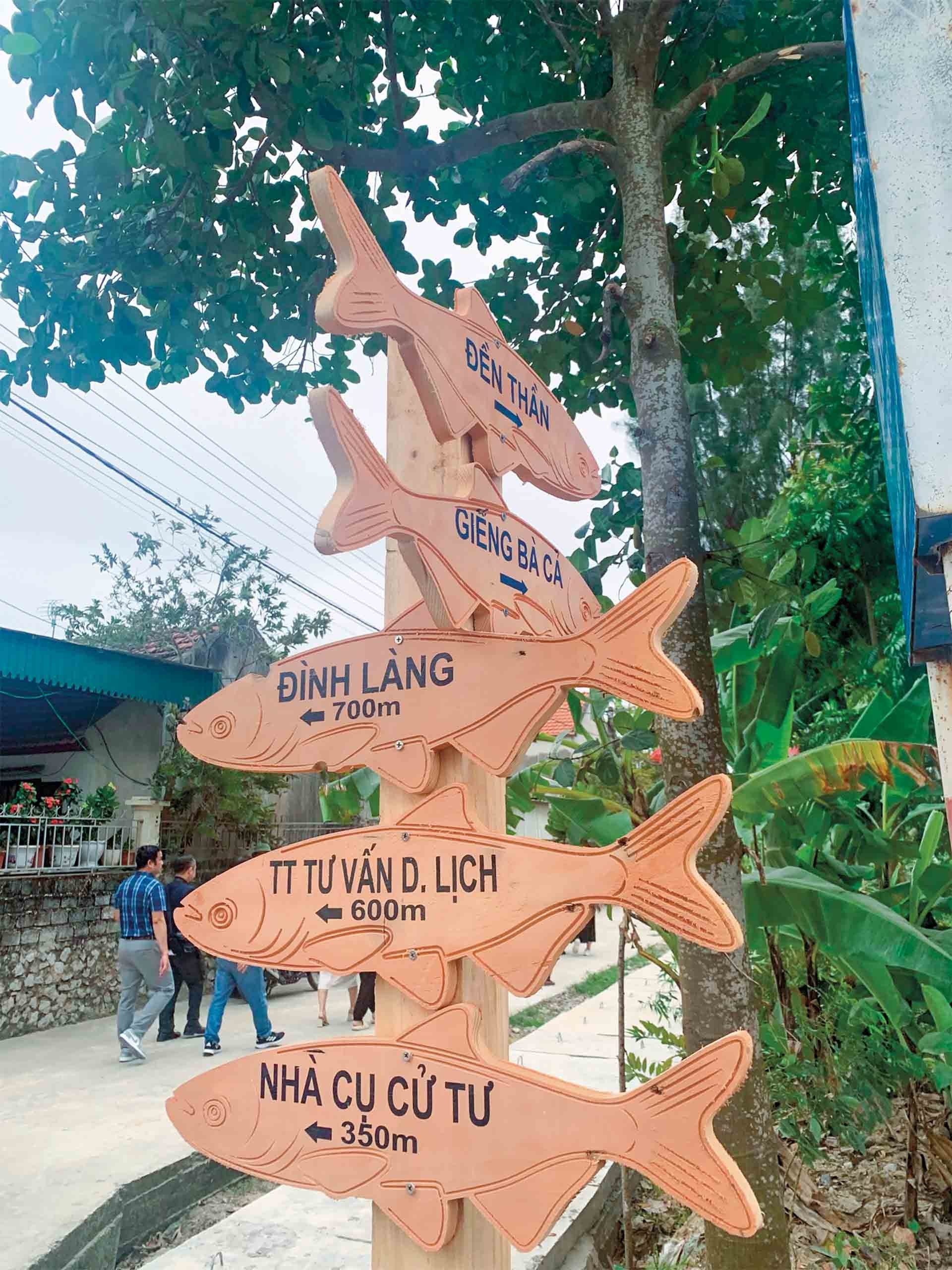 |
| Tourist sign with wooden fish image. (Photo: Ha Anh) |
… regaining the glory
Arriving at the gate of Quynh Doi village today, visitors will see the image of "Carp jumping over the dragon gate" showing the spirit of the people who are hardworking and overcome difficulties to become successful.
Not only that, the village gate is also the place where Quynh Doi people forever remember the scene where Nguyen Sinh Sac, Khiem and Uncle Ho visited and left the village more than 100 years ago.
Passing through the village gate, we can immediately explore the relic cluster worshiping Quynh Quan Cong Ho Phi Tich, Ho Xuan Huong Memorial Stele, the place to worship revolutionary Ho Tung Mau and the memorial stele of armed forces hero Cu Chinh Lan, Than Temple - the place to worship the village's tutelary god and the people who founded the village, Cu Tu's house - the place associated with Uncle Ho's childhood and a family where four generations met Uncle Ho.
Other interesting experiences include visiting the first classroom in Quynh Doi village, listening to the story of the village founder who brought a teacher to teach his children and grandchildren, and visiting the Ho-Nguyen-Hoang relic complex - three families who chose this land more than 600 years ago.
On the other hand, the anecdotes about the "Queen of Nom poetry" Ho Xuan Huong at Ba Ca Well also leave much curiosity and interest for tourists.
Mr. Ho Dinh Tru, born in 1947, Vice President of the Ho Dai clan of Quynh Doi, said that in the 17th century, Ms. Ho Xuan Huong, then a young girl, once visited her paternal hometown and carried water to help her parents with two pots (earthenware pots).
He recounted: “Because it was raining that day, the road was slippery, so she unfortunately fell and broke the pot, and was laughed at by the young men and students of the village. After that, she improvised and recited a poem titled “Vu Hau” (meaning “after the rain”): Lifting the curtain of clouds to see the sun/Green in patches, white in places/Mountains also want to raise their heads/The trees and grass with a hundred flowers smile.
Reading the poetess’s humorous and profound verses, Ms. Cu Thi Nhan, a local tour guide, also shared with tourists: “Ba Ca’s well is not only for drinking water, but is also considered a feng shui well because the well is located at the center of the Temple of the Gods; the Saint’s house and the House of the Kindness (only the foundation and location remain). Currently, the descendants are planning to restore it.”
According to Vice Chairman of Quynh Luu District People's Committee Nguyen Van Thuong, launching the tour is the beginning of a long and difficult journey ahead to strive to become an attractive tourist destination of Nghe An province.
Mr. Thuong said that in order for the tourism program to stand firm and develop in the future, more efforts are needed from Party committees, authorities, and organizations at all levels, the responsible companionship of people and businesses, and the support of all levels and sectors.
However, Chairman of the Vietnam Tourism Association Vu The Binh believes that Quynh Doi village is an attractive cultural and historical tourism destination because this land has a lot of development potential with valuable heritages and studious, affectionate and hospitable people.
Source




![[Photo] Unique folk games at Chuong Village Festival](https://vstatic.vietnam.vn/vietnam/resource/IMAGE/2025/4/10/cff805a06fdd443b9474c017f98075a4)
![[Photo] April Festival in Can Tho City](https://vstatic.vietnam.vn/vietnam/resource/IMAGE/2025/4/10/bf5ae82870e648fabfbcc93a25b481ea)
![[Photo] Opening of the 11th Conference of the 13th Party Central Committee](https://vstatic.vietnam.vn/vietnam/resource/IMAGE/2025/4/10/f9e717b67de343d7b687cb419c0829a2)

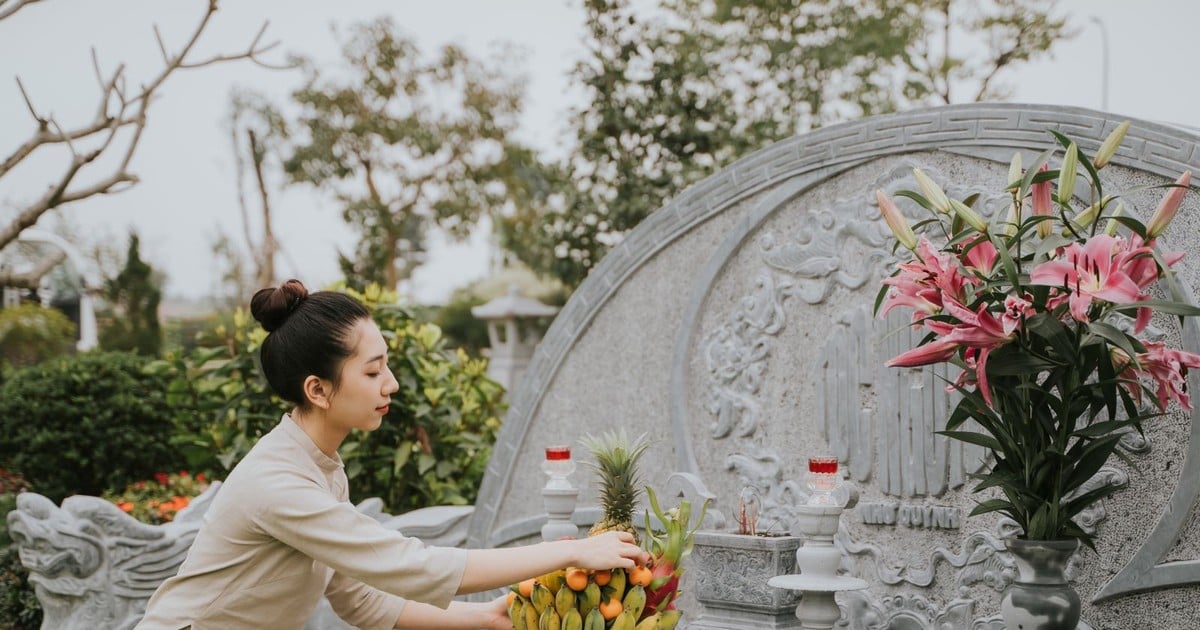

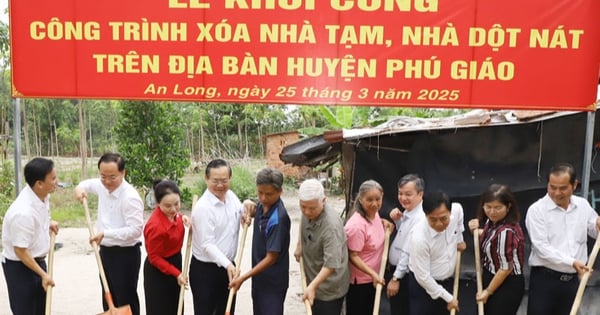


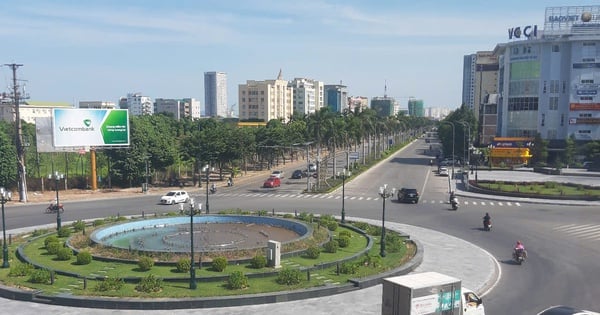
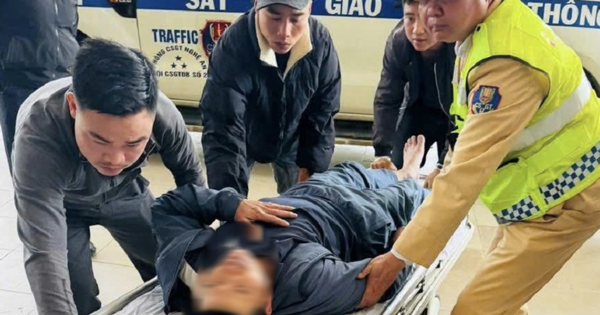
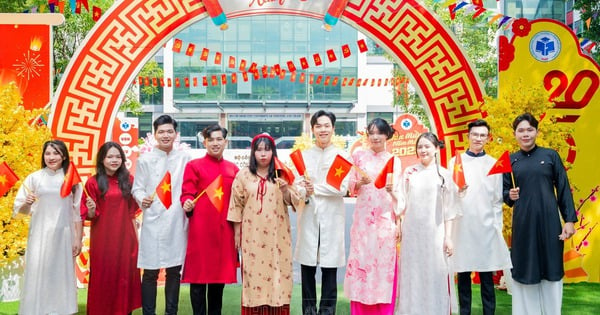
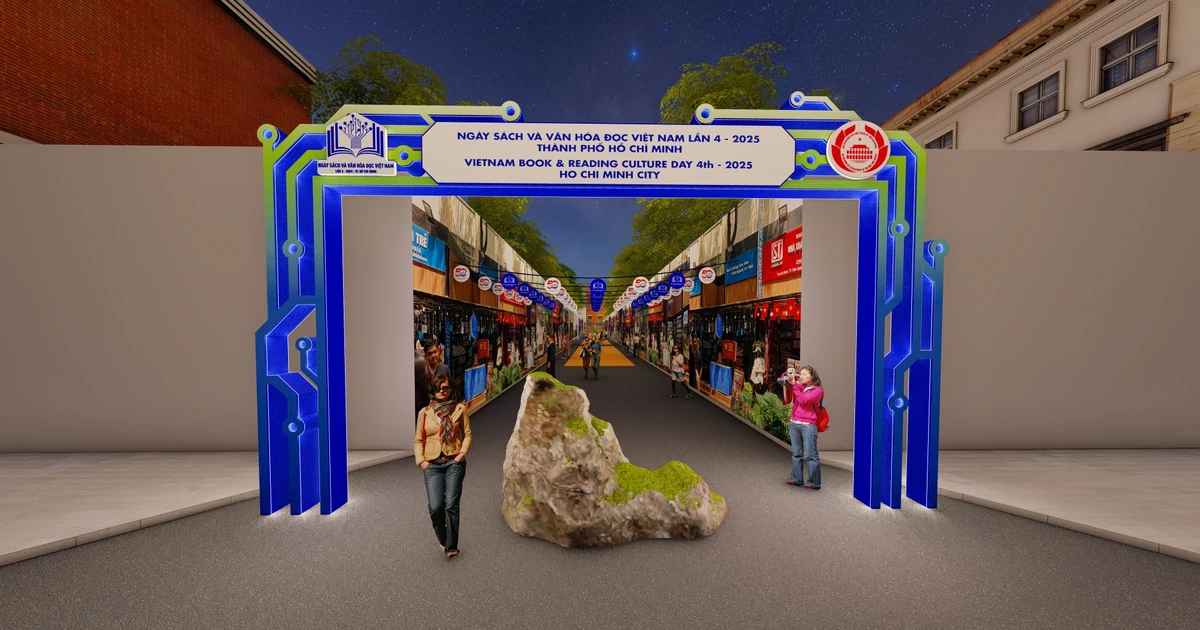
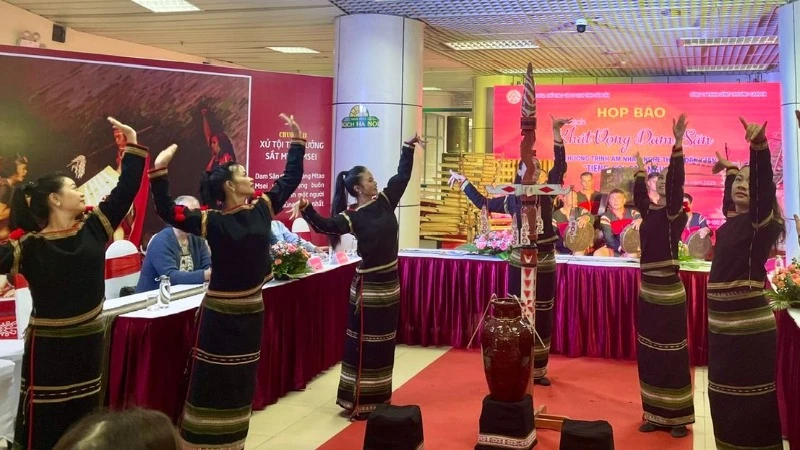


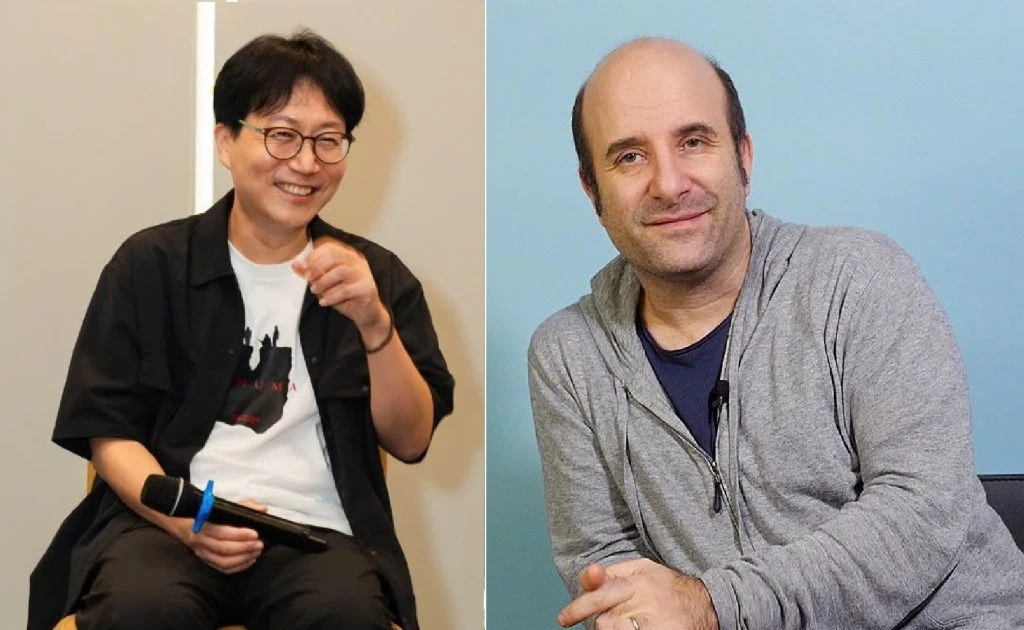
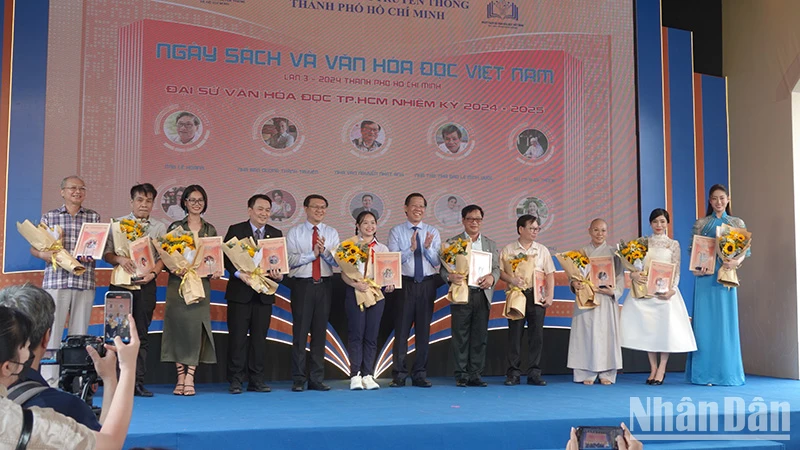





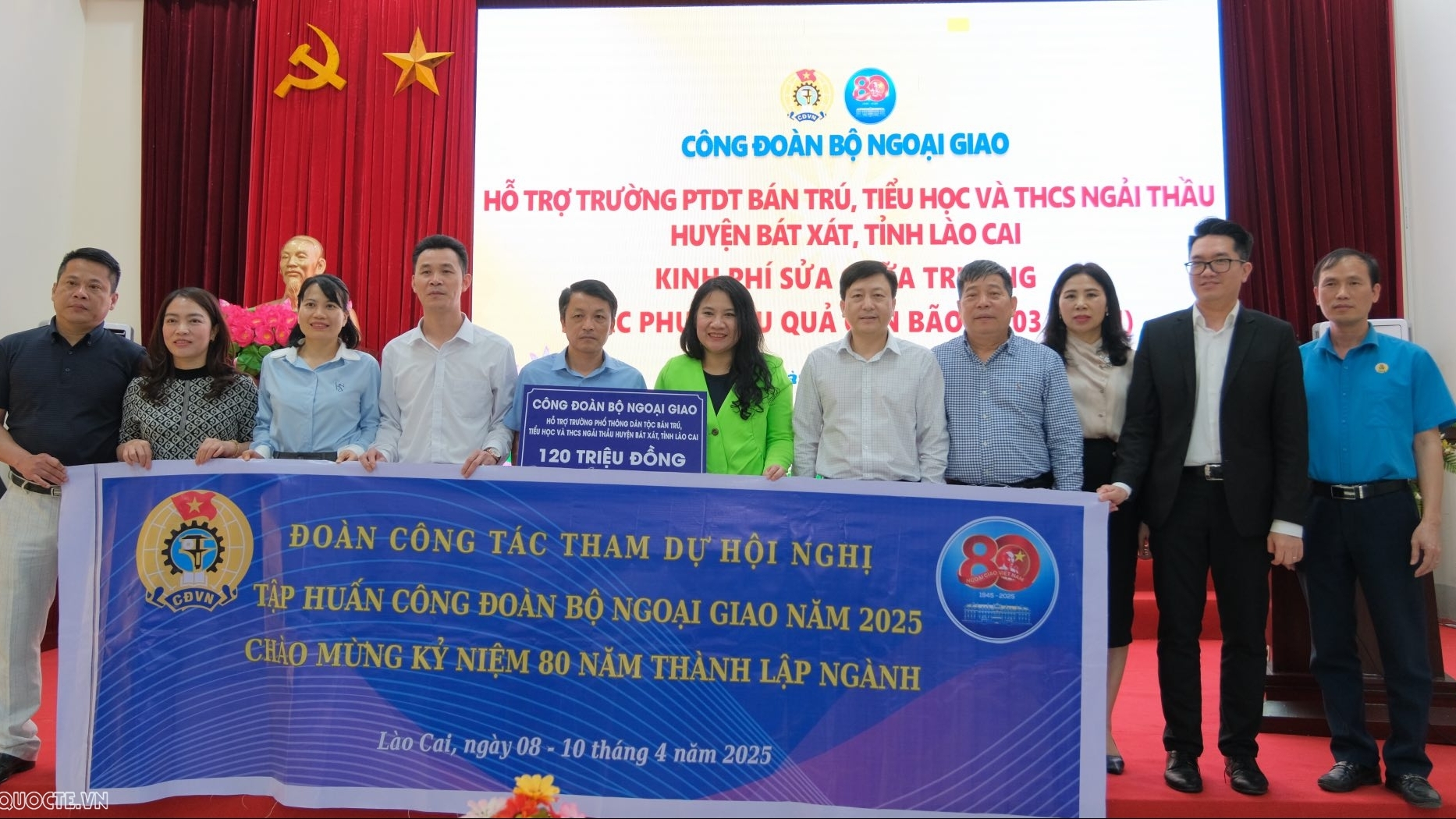


















































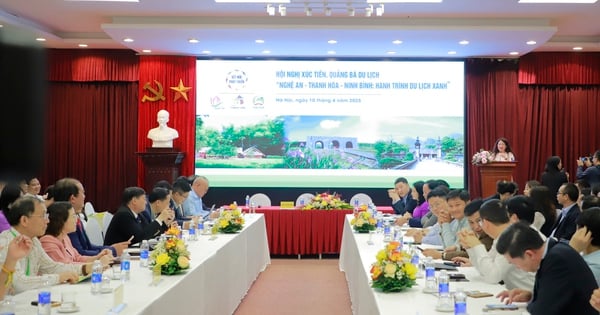

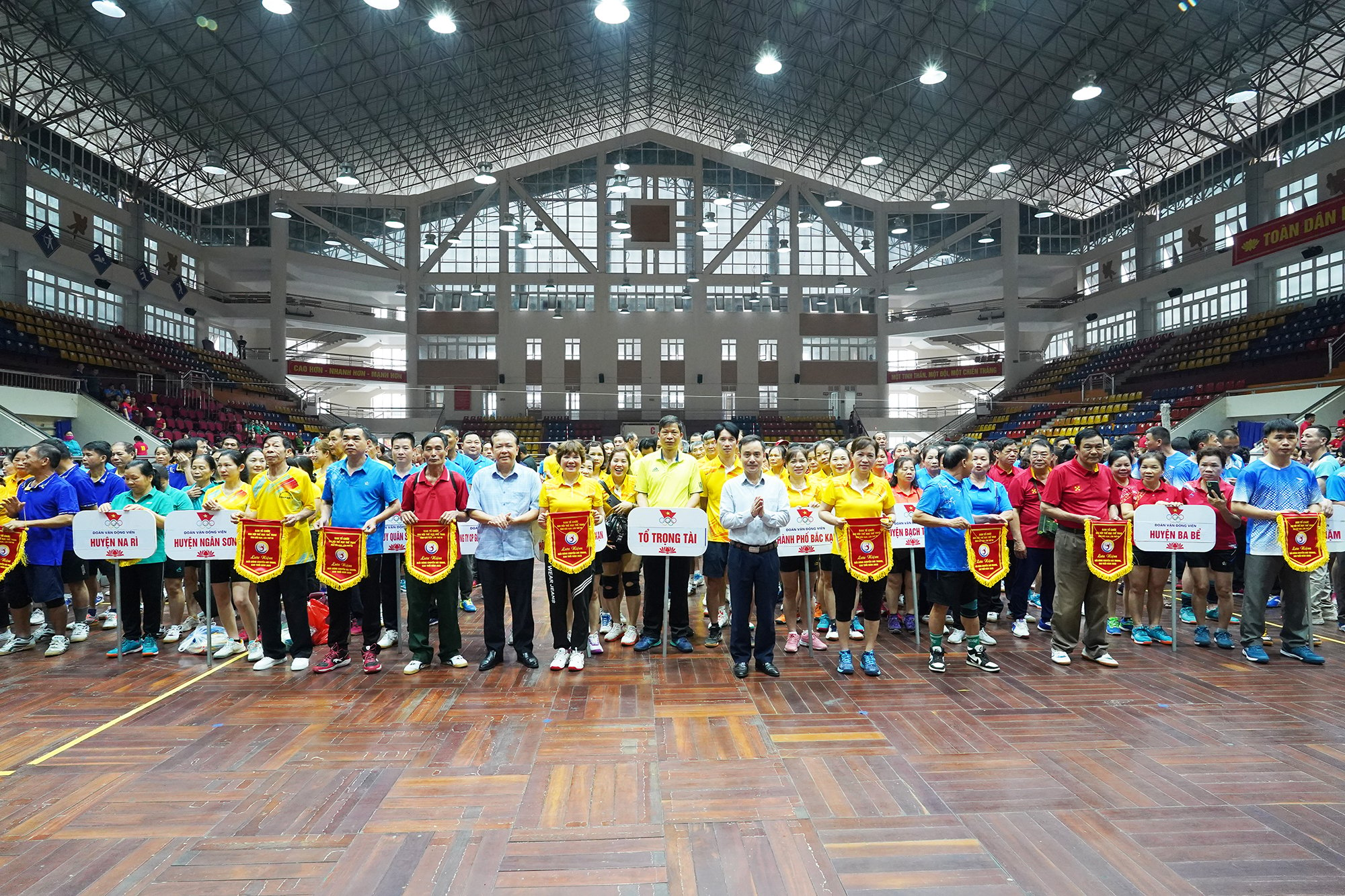
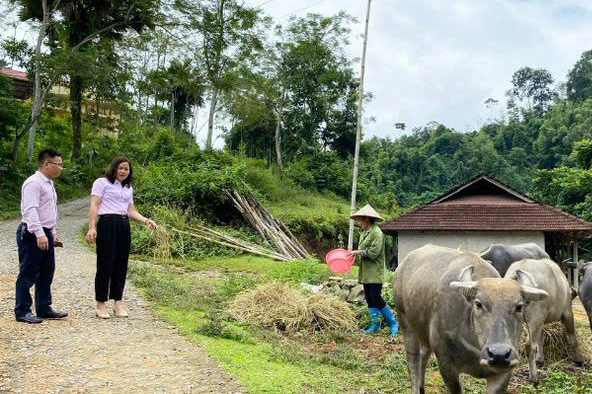
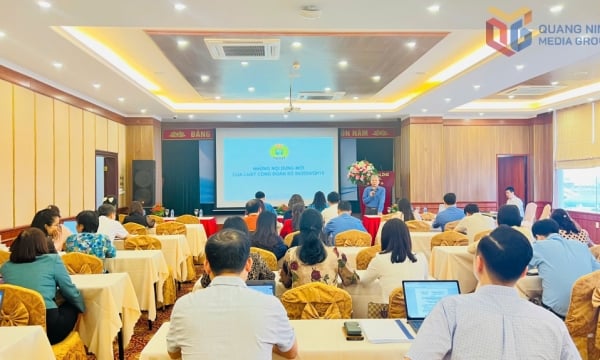

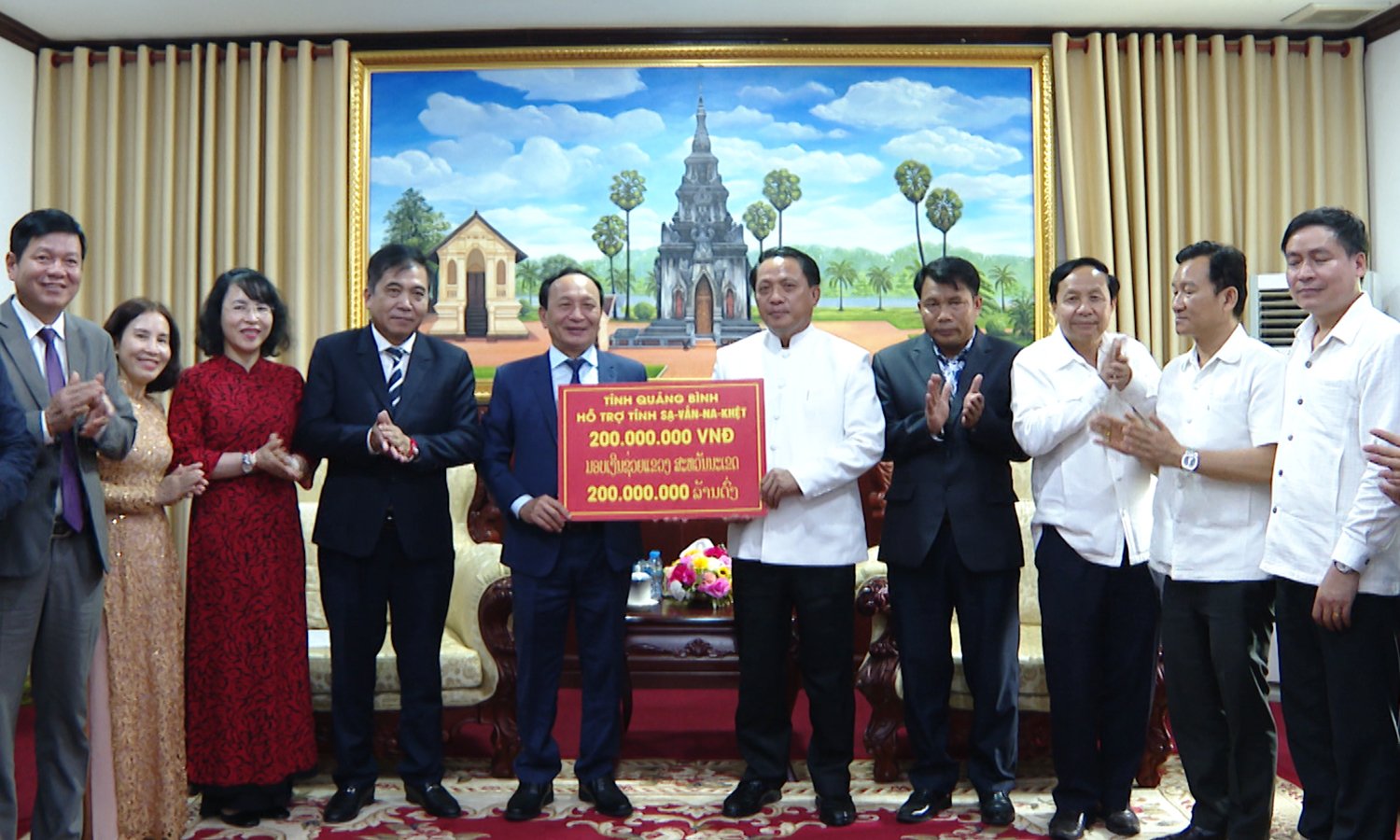
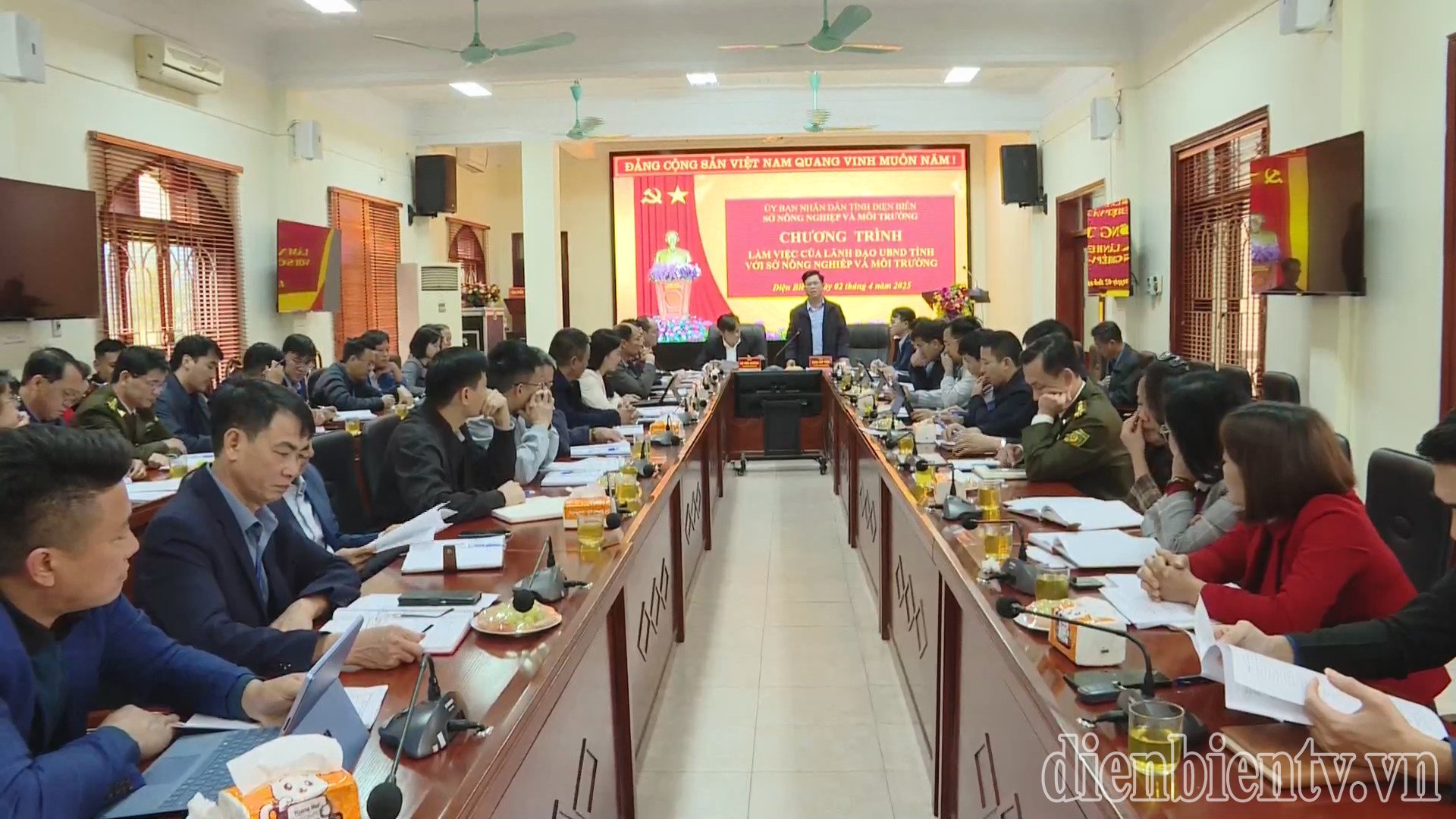
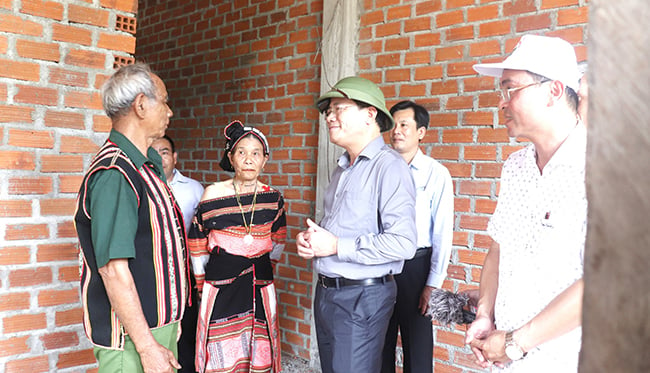








Comment (0)